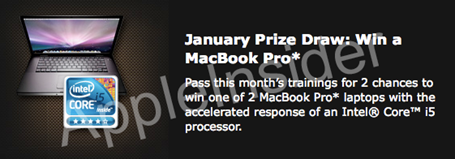
Five of France's biggest book sellers called on publishing houses and the government for support in creating a new retail structure for electronic books to fend off Amazon, Google and Apple.
Executives from the five retailers including PPR subsidiary Fnac and Virgin Megastore said France should have a national e-book platform run by publishers and retailers with a single point of purchase.
But the idea, launched at a joint news conference on Wednesday, drew a skeptical reaction from France's largest publisher, Hachette Livre, a subsidiary of Lagardere.
They also urged the French government to extend protective measures already in place for physical books to e-books, including a single-price mechanism to muzzle competition.
"If we don't manage to do this, what's going to happen? We will find ourselves in front of a platform, or hub, already made by a private company ... whether Amazon, Google or Apple," said Guillaume Decitre, head of bookseller Decitre.
Decitre said the filtering of Internet portals in China and Amazon's removal of George Orwell's "1984" from its e-book platform were examples of why this was undesirable.
The proposal comes a day after the publication of a government report supporting a digital book exchange with Google to resolve a spat over online publication of the world's literary heritage.
A spokesperson for the French Ministry of Culture was unavailable for comment.
PUBLISHER PLEA
Although Decitre and his fellow CEOs said they and their supporters represented 70 percent of the French book market, they said they needed the backing of publishers to get content.
French publishers including Hachette have already set up their own individual platforms for distributing e-books, but Decitre said a single collective platform would be "three to five times" cheaper.
Hachette Livre sales director Francis Lang said he was not opposed to a hub, but said the interests of publishers were currently not the same as those of physical booksellers.
"Creating a governance structure where everyone is around the table but their interests are opposed is the best way for this not to go anywhere," he said.
The chief executive of Hachette's Numilog e-book platform, Daniel Zwirn, also criticized a similar collective e-book hub in Germany, known as Libreka, which the five retailers said had partly served as inspiration for their idea.
"It seems like a good idea, but actually it isn't," he told the retail executives during the conference. "The bulk of the offering goes elsewhere."
Spokespeople from Amazon and Google declined to comment.
"This will probably be uniquely French if it succeeds," said James McQuivey, an analyst with Forrester Research. "Obviously it would be the combination of cultural preservation interests that tend to be unique to France."
"(If publishers and retailers) do cooperate, it's not because it's in their interests," he added. "(It's more about) preserving the culture."
(Reporting by Lionel Laurent, editing by Will Waterman)
© Thomson Reuters 2009. All rights reserved. Users may download and print extracts of content from this website for their own personal and non-commercial use only. Republication or redistribution of Reuters content, including by framing or similar means, is expressly prohibited without the prior written consent of Reuters. Reuters and the Reuters sphere logo are registered trademarks or trademarks of the Reuters group of companies around the world.
source by Reuters in PC Magazine










